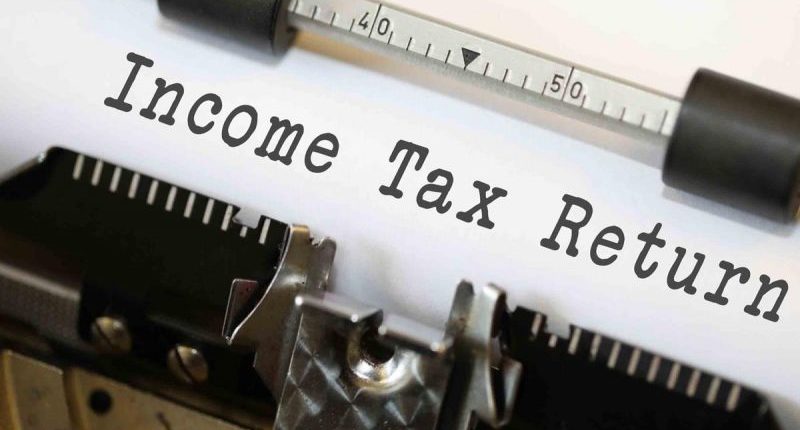As the deadline for filing income tax returns (ITR) approaches on July 31, 2023, it’s important to know the rules for claiming income tax refunds. If the taxes paid exceed your actual tax payable amount, then you will be entitled to claim a refund by filing an ITR. In this article, we will discuss essential aspects of income tax refunds under the Income Tax Act.
Who is eligible to claim Income Tax Refund?
A taxpayer can claim an income tax refund when the taxes paid by them or on their behalf exceed their actual tax liability. This includes taxes deducted at source (TDS), taxes collected at source (TCS), advance tax, and self-assessment tax.
So you will be eligible for a refund if:
- a) Your total TDS payments (Tax Deducted at Source) exceed your final tax liability after regular assessment,
- b) Your total advance tax payment is more than 100% of the actual tax liability for the financial year,
- c) You have made last-minute investments for tax-saving purposes,
- d) You have paid tax on your income in a foreign country which has a DTAA (Double Taxation Avoidance Agreement) with India,
- If you have paid more tax during regular assessment because of an assessment error
Process of Claiming an Income Tax Refund
You do not get the refund automatically; you must file your ITR to claim it. To claim an income tax refund, one must include all sources of income and avail the relevant exemptions and deductions while submitting their ITR. It’s important to note that the refund is not instantaneous and will be issued only after the income tax department verifies the details of taxes already paid.
When filing, verify all the tax credits in Form 26AS and Annual Information Statement (AIS). To ensure faster refund processing, pre-validate your bank account, as the refunds are credited only to the pre-validated bank account.
Claiming a Refund after the Deadline
Ideally, a refund can be claimed only if the return is filed within the deadline. However, taxpayers who have missed the deadline can claim their refund by submitting a condonation request. Only if the delay is condoned can they file their ITR and claim the refund. However, it is advisable to file the ITRs before the deadline if you expect a refund.
Tax Implications of an Income Tax Refund
There may be confusion regarding the taxability of the refunded amount. However, according to the income tax act, the refund amount is not taxable. Additionally, taxpayers are entitled to receive interest on the refund amount. It’s important to note that this interest on income tax refund will be taxable.
Withholding of Refunds and the Claim Process
The Income Tax Act empowers the income tax department to adjust the refund amount against any outstanding demands from earlier years. If a refund has been wrongfully adjusted, individuals can raise a grievance through the income tax website. While the income tax department has the authority to adjust the refund against previous demands, taxpayers are not granted the privilege to adjust any income tax refund due for earlier years against tax payable for subsequent years.
For any clarifications/feedback on the topic, please contact the writer at ektha.surana@clear.in

Pursuing CA alongside my passion for content writing. Here, I ship some interesting content your way on topics- tax, personal finance and the likes .
Find my peace and energy in exploring culinary arts, anything fitness, post-card worthy places, books, indie music and more.





